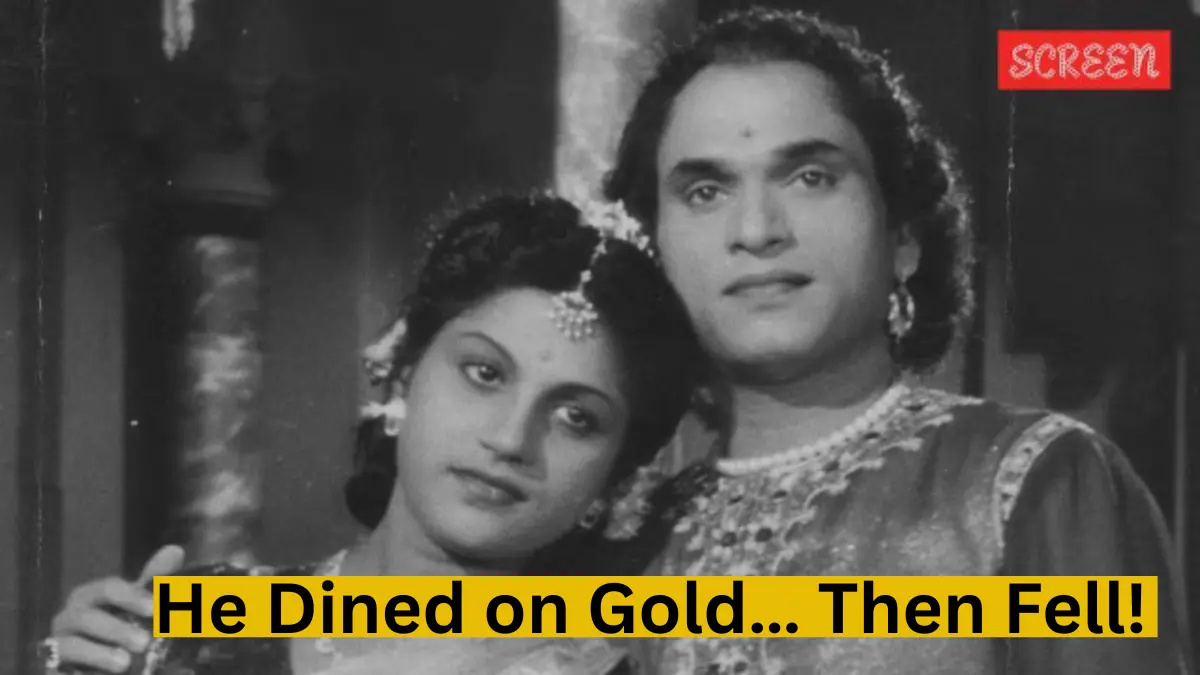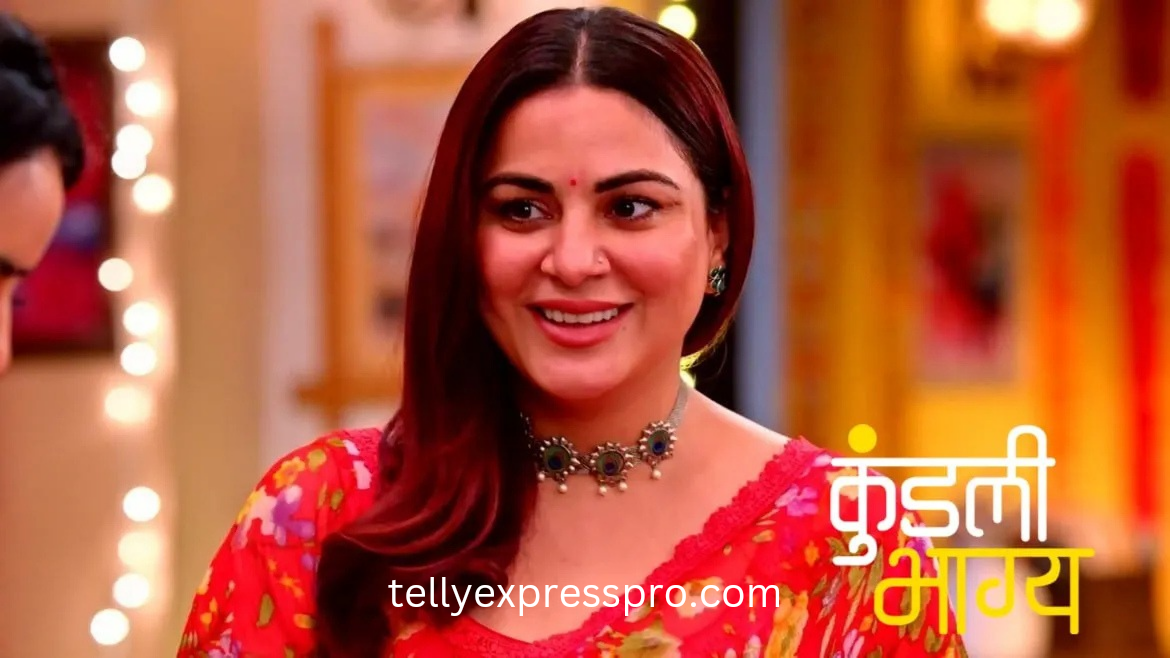
As Dulquer Salmaan gears up for the release of his much-awaited movie Kaantha, there’s a name suddenly echoing across film circles — MK Thyagaraja Bhagavathar, the man who once ruled Tamil cinema with unmatched charisma, voice, and stardom. Many from today’s generation may not recognize him instantly, but ask any old-timer, and their eyes light up with nostalgia. He wasn’t just a singer. He was Tamil cinema’s first true superstar — long before Rajinikanth, Kamal Haasan, or MGR ever appeared on screen.
And yes, you read that right — Dulquer’s Kaantha is said to draw inspiration from MKT’s extraordinary yet tragic life, a story of golden fame, scandal, and downfall that still haunts Indian film history.
🎬 The Superstar Who Changed Tamil Cinema Forever
Born Mayavaram Krishnamurthy Thyagaraja Bhagavathar on March 1, 1910, in a family of humble goldsmiths in Trichy, MKT’s journey could easily be the script of a blockbuster. As a young boy, he showed a rare gift for music — his singing talent captivated local audiences, and soon, theatre found him. Under the mentorship of Carnatic masters, he was honored with the title “Bhagavathar”, marking his rise in the performing arts world.
When his hit stage play Pavalakkodi was turned into a movie in 1934, the producers didn’t think twice — MKT had to be the hero. The film, which featured an astonishing 50 songs, became a sensation. He and his co-star SD Subbulakshmi became household names, their pairing defining early Tamil cinema’s golden age.
From Chintamani (1937) to Thiruneelakantar (1940), Ashok Kumar (1941), and Sivakavi (1943), everything he touched turned to gold.
But it was Haridas (1944) that made history — running for an unbelievable 114 weeks (784 days) at Broadway Cinema, Madras. For context, that record stood unbroken for over 59 years, until Rajinikanth’s Chandramukhi (2005) surpassed it after 890 days! Fans still marvel — “Imagine holding a record for nearly six decades in a film industry as massive as Kollywood!”
Even after the arrival of MGR, Sivaji Ganesan, Rajini, and Kamal, MKT remained the legend who started it all.
🌟 A Life of Luxury — and the Fall That Shocked a Nation
MKT lived like royalty. He was the first Tamil film star to own a Mercedes-Benz, and his meals were served on two gold plates, each weighing 110 sovereigns. Adjusted for today’s prices, that’s nearly ₹98 lakh per plate.
But behind the glitter, fate had a dark twist waiting. At the height of his fame, MKT’s life took a shocking turn when he was accused in one of Tamil Nadu’s most infamous cases — the Lakshmikanthan murder scandal.
🕵️♂️ The Murder That Rocked Madras
CN Lakshmikanthan, known as a “yellow journalist,” made a living by writing scandalous gossip about film stars in his tabloids Cinema Thoothu and later Hindu Nesan. He often targeted MKT, comedian NS Krishnan, and director SM Sriramulu Naidu, publishing lurid tales about their private lives.
But when Lakshmikanthan was mysteriously stabbed in 1944 — and later died from his injuries — fingers pointed straight at the film fraternity. Soon, MKT found himself arrested and charged with murder, along with Krishnan and others. The court proceedings became national news, splitting public opinion.
Some witnesses claimed that MKT offered ₹2,500 to have Lakshmikanthan killed, a massive amount in those days. The evidence — including MKT’s account books and the murder weapon — didn’t help his case.
In 1945, the Madras High Court sentenced both MKT and Krishnan to life imprisonment. It was a devastating fall — from golden screens to cold prison cells.
💔 The Man Who Never Gave Up Hope
But the story didn’t end there. Even in jail, MKT remained calm, often saying, “This too is my destiny.” His fans believed he was innocent — a good man trapped in a cruel twist of fate.
Years later, with relentless effort from actress VA Madhuram (NS Krishnan’s wife), the case was reopened. This time, the prosecution’s arguments collapsed, and both MKT and Krishnan were acquitted.
After 30 long months behind bars, the once-golden voice of Tamil cinema was free again. But freedom came at a heavy cost — his stardom had faded.
🎭 The Struggle to Reclaim Stardom
Before his release, MKT had already signed a dozen films — but the magic was gone. Raja Mukthi (1948), Amarakavi, Pudhu Vazhvu, and his last film Sivagami (1960) all failed to recapture the old charm.
Still, he never stopped singing. Music was his lifeblood, even when fame had turned its back. Fans continued to revere his voice — timeless, emotional, and divine.
Sadly, MKT’s health declined in his later years. Battling high blood pressure and diabetes, the legend breathed his last on November 1, 1959.
Yet, six decades later, his legacy endures — the man who made Tamil cinema dream in gold.
💬 Fans Still Ask: Who Was MK Thyagaraja Bhagavathar, Really?
Was he just an actor? A singer? Or the embodiment of Tamil cinema’s first golden era? The answer is — all of it. MKT wasn’t only the first superstar of Tamil cinema, he was a phenomenon who shaped an entire generation’s cinematic identity.
When fans today ask, “Who was Tamil cinema’s first superstar?” — it’s MKT, without a doubt.
And when they wonder, “What was the first Tamil movie?” — it traces back to Keechaka Vadham (1918), but it was MKT’s Pavalakkodi that truly brought the era of film stardom alive.
As for those curious about the first-ever movie in world history — that honor goes to Roundhay Garden Scene (1888) by Louis Le Prince. And in Tamil cinema, MKT will forever remain its first and brightest flame.
🎥 A Legacy Reborn
Now, as Dulquer Salmaan steps into a character inspired by MKT in Kaantha, fans are eager to see how much of the legend’s life will find its way onto the big screen. Will it capture his grandeur, his fall, and his redemption?
Viewers can’t stop speculating, and nostalgia is running high. One thing’s certain — when the lights dim and Dulquer’s MKT-like character appears, audiences will once again remember the man who dined on gold, sang for millions, and lived like a star before anyone else dared to.





